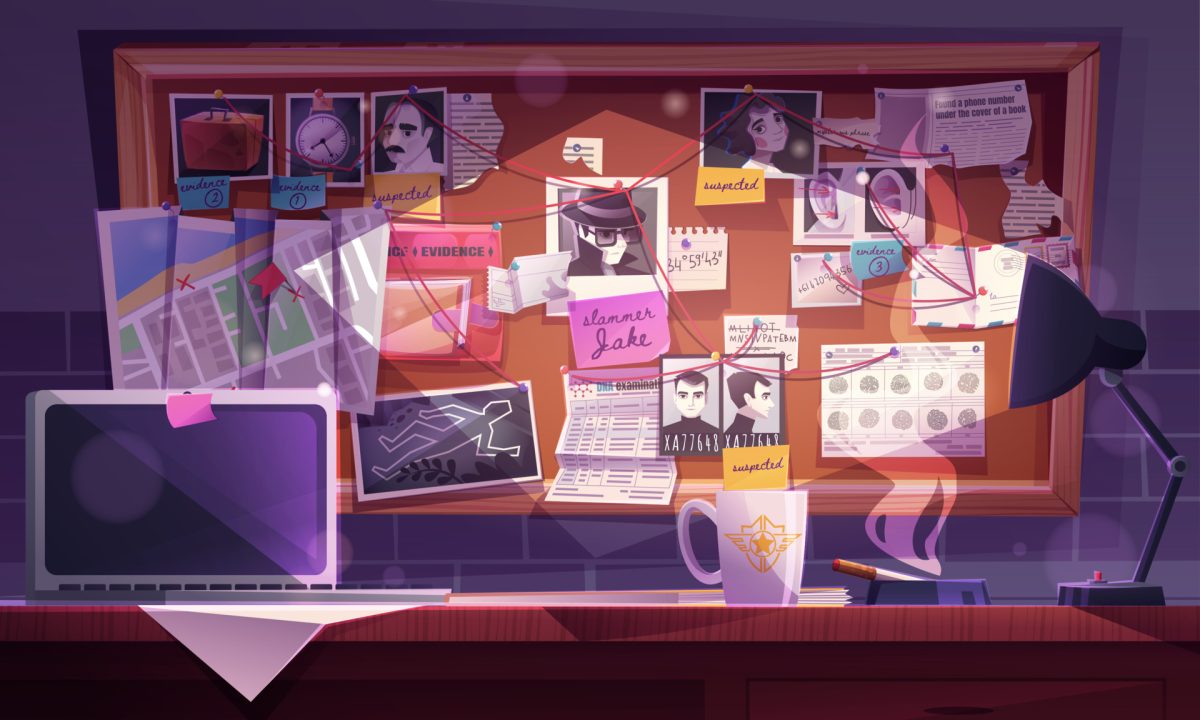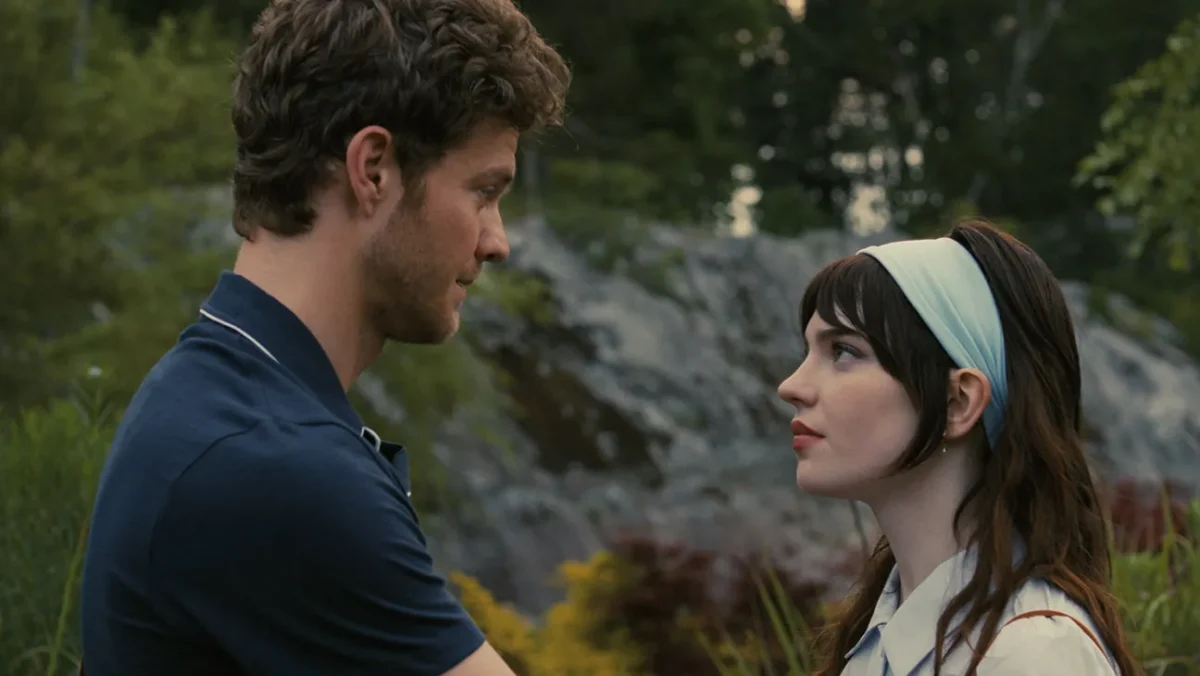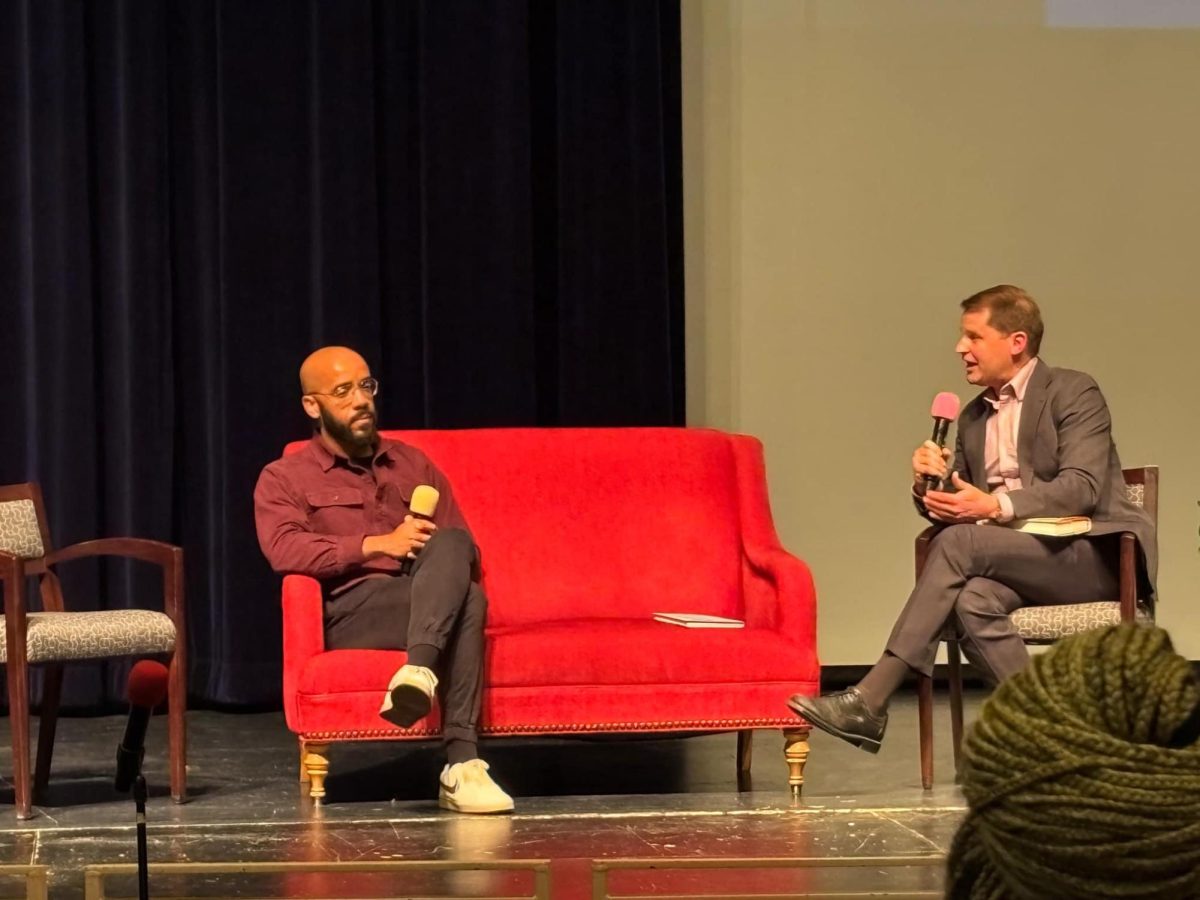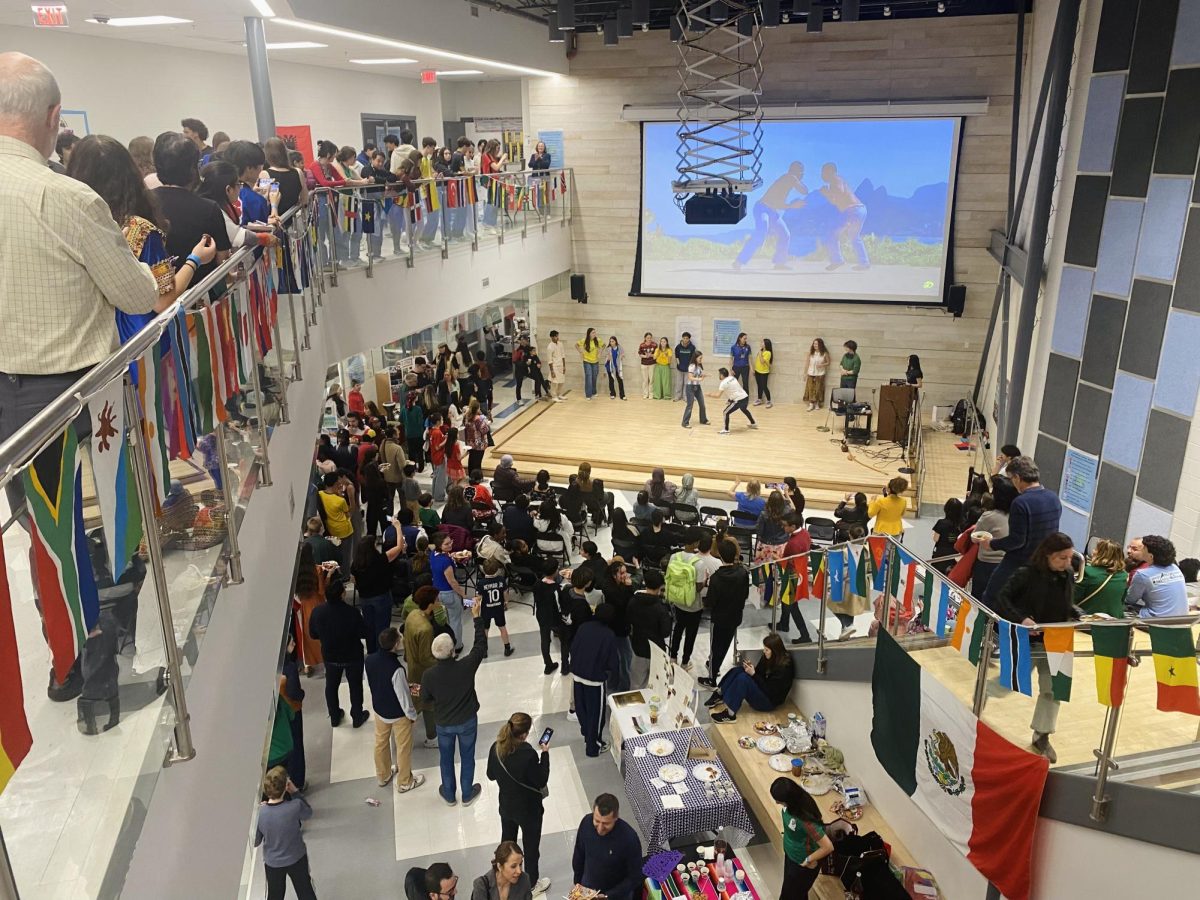On Jan. 17, the true crime series “American Nightmare” debuted on Netflix. The haunting tale of Denise Huskins and Aaron Quinn’s home invasion and kidnapping captivated viewers, garnering 21.4 million views within a week of its release. The show quickly soared to the top of Netflix’s global “most-watched TV” list just mere days following its premiere.
The series is not the first of its kind to reach a wide audience of worldwide viewers. “The Prison Confessions of Gypsy Rose Blanchard” and “The Keepers and American Manhunt: The Boston Marathon Bombing” are all true crime shows released in recent years that have brought attention to the darkest of criminal offenses. True crime entertainment has amassed significant interest in recent years, with 13% of Americans noting that it has become their favorite kind of television. More than ever, true crime has established itself as a powerful and transformative genre, acting as a catalyst for examining societal issues and promoting awareness about the realities of victims.
Recently, many have scrutinized the ethics of true crime shows. Despite this, 61% of Americans believe watching true crime makes them more empathetic towards victims of violent crime. By witnessing the victims’ horrific suffering, viewers can feel emotionally connected with the families and real-life stories. The shows often result in a reignited interest in specific cases and an outpouring of support for these victims’ friends and family.
Bridge to Wellness therapist Sheng-Ting Huang believes this genre effectively promotes increased safety precautions for viewers and sparks an emotional connection between them and the victims.
“I would say [true crime] makes me more conscious about things that maybe I hadn’t thought about before,” she said. “I think that I’ve also become more empathetic to victims in similar situations.”
Most importantly, true crime sheds light on significant societal issues. Given that one in three women are victims of physical violence by an intimate partner, it’s no surprise that several true crime series tell their stories. “The Burning Bed” and “Our Father and I Am Evidence” are documentaries detailing the horrific crimes committed against women, bringing attention to the shockingly high statistics of femicides, sexual assaults and domestic violence that females in the United States and internationally experience at disproportionate rates.
Forensic Science teacher Jason Gohn believes in the power of true crime when taken from an objective perspective.
“All knowledge is power, right?” Gohn said. “Since I teach forensics, every topic involves murder. As long as you don’t glorify or glamorize it, and just study it from a dispassionate point of view, I think highlighting these issues is important.”
True crime also helps uncover several flaws within the U.S. justice system. “When They See Us,” a drama and true crime series launched on Netflix in 2019, outlined the true case of the “Central Park Five,” a group of Black and Latino teenagers wrongfully convicted of assault and rape. The series highlighted the frequent systemic racism within the criminal justice system, educating audiences on the discrimination and bias marginalized groups face regularly.
Critics of the genre claim that true crime profits off of the suffering of victims, in particular by exploiting the pain of victims’ families. The brother of Cathy Thomas, a woman whose 1986 murder case remained unsolved for decades, attended CrimeCon in 2019, a conference for true crime lovers. He described the passionate attendees’ impact, and how appreciative he was of the attention Cathy’s case had gotten, bringing about unprecedented leads.
While others may see digging into true crime as disturbing, interest in cases can have a positive impact. For example, in 2018, Elizabethton High School teacher Alex Campbell’s sociology class managed to solve the 40-year-old murder of Tina Farmer, killed in 1984. His young group of students worked tirelessly to gather evidence and identify Jerry Johns, the “Bible Belt Strangler,” as the murderer.
Though rarely the case, poor production companies and heartless producers can sadly exploit victims’ families for entertainment. Most true crime documentaries bring justice to the victims and their families while sharing their stories. They can even help to solve cold cases — cases that have not been fully solved nor have ongoing investigations.
Sophomore Amanda Corpuel, a true crime fan herself, notes how streaming services have introduced her to many cases.
“It’s crazy to think that true crime entertainment is real,” Corpuel said. “I would never have known about these victims if Netflix hadn’t suggested the documentaries.”
True crime can also help to bring closure to the families of lost ones by sharing their stories. “The Keepers,” one of Netflix’s most recent true crime documentaries, retells the story of Sister Cathy Cesnik, a nun murdered in 1969. The series allowed Cathy’s loved ones to tell her story, letting them articulate their fight for justice and their memories of her.
With exposure to the dark realities victims of violent crime must live with, true crime can raise awareness about crime prevention strategies, and resources available to victims and survivors alike.
“It’d be helpful if there are trigger warnings or anything that’s in place,” Huang said. “Or maybe resources in the end of those movies or documentaries so that people have those available.”
Responsible practices, as noted by Huang, can make documentaries safer and more sensitive for all audiences to watch while also informing them about the realities of society.
















